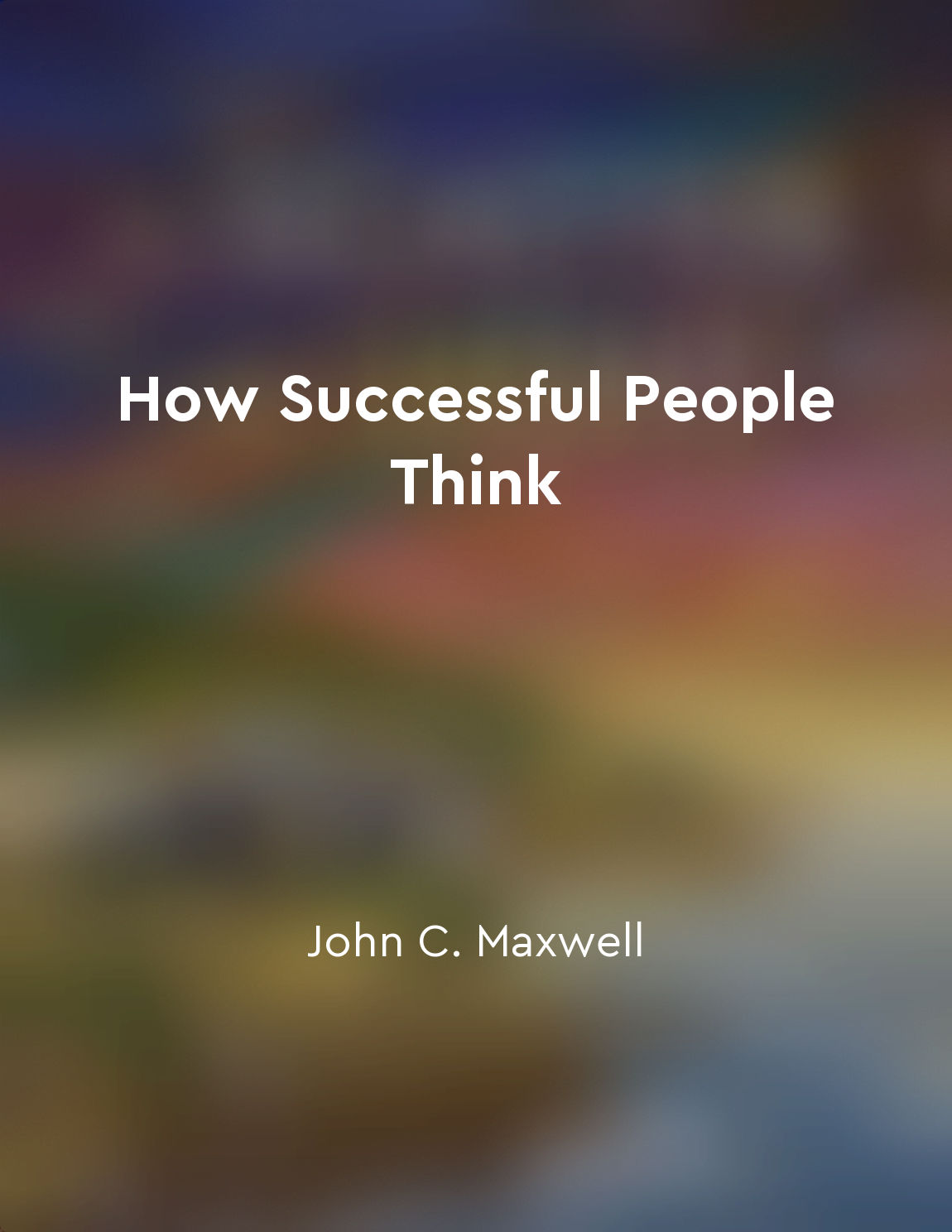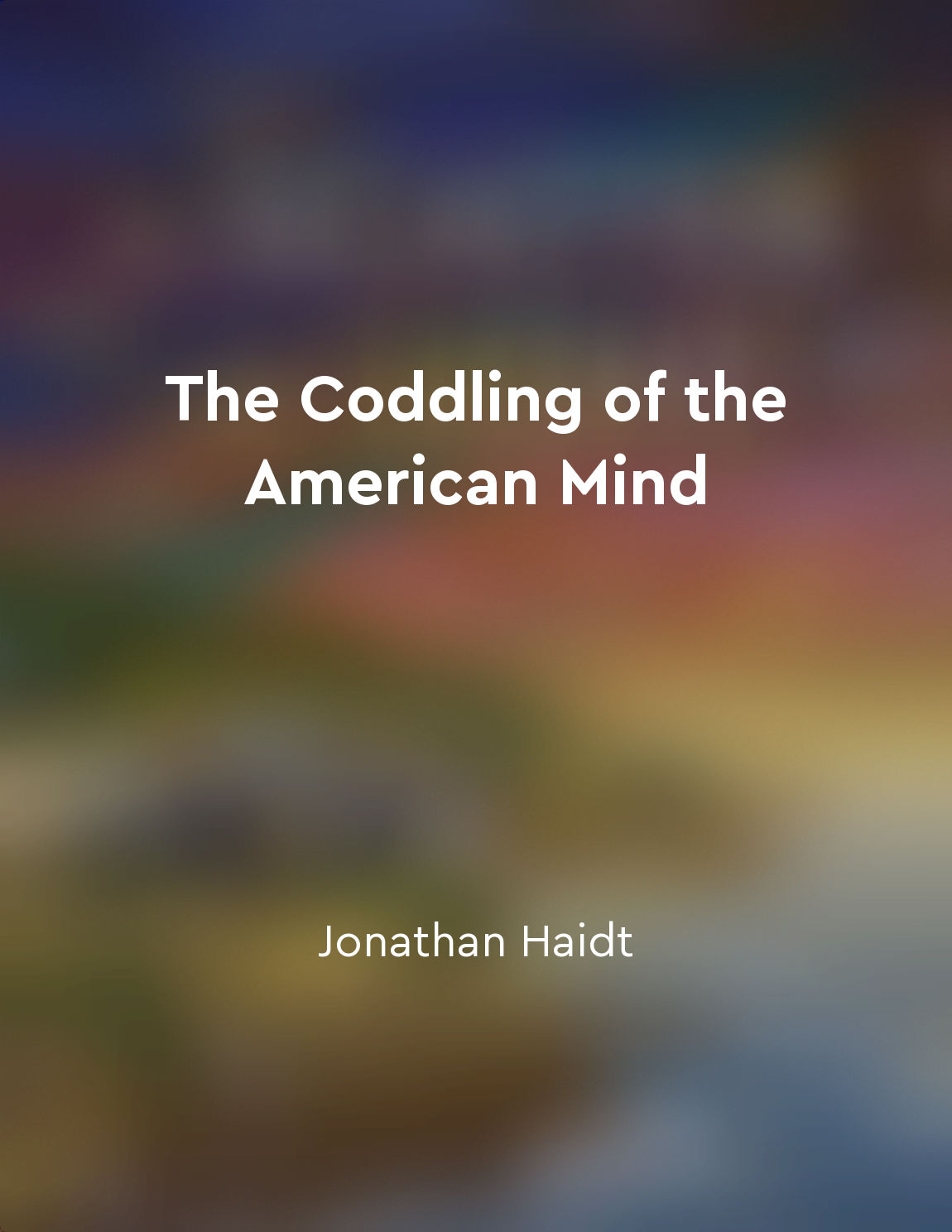Intuition is not always a reliable guide to decisionmaking from "summary" of The Invisible Gorilla by Christopher Chabris,Daniel Simons
Many people believe that intuition is a powerful tool for making decisions. They trust their gut feelings and rely on instinct to guide them in various situations. After all, intuition is often described as a kind of inner wisdom that can lead us down the right path when faced with uncertainty. However, the reality is that intuition is not always a reliable guide to decision-making. In fact, research has shown that relying solely on intuition can lead to errors and biases that we may not even be aware of. Our brains are prone to cognitive illusions and shortcuts that can distort our perceptions and judgments. These cognitive biases can cloud our thinking and lead us astray, even when we are convinced that we are making the right decision based on intuition. One of the reasons why intuition can be unreliable is that it is often driven by emotions rather than rational thought. Our feelings can influence our intuitive judgments, leading us to make decisions based on subjective factors rather than objective evidence. Emotions can cloud our judgment and lead us to ignore important information that contradicts our gut feelings. Furthermore, intuition is not always based on a deep understanding of the situation at hand. We may rely on quick, automatic processes that bypass critical thinking and analysis. This can lead to snap judgments and oversimplified conclusions that do not take into account the complexities of the decision-making process. In order to make more informed decisions, it is important to be aware of the limitations of intuition and to supplement it with critical thinking and analysis. By taking the time to gather and evaluate information, weigh different perspectives, and consider the potential biases at play, we can make more rational and effective decisions. While intuition can sometimes provide valuable insights and guide us in the right direction, it is not a foolproof method for decision-making. By being mindful of the potential pitfalls of intuition and approaching decisions with a healthy dose of skepticism, we can avoid common cognitive traps and make more sound choices in our personal and professional lives.Similar Posts
Witness testimonies are often subject to memory distortion
Human memory is a curious thing. It has the remarkable ability to store vast amounts of information, but it is also prone to di...

Encourage collaboration
Encouraging collaboration means fostering an environment where individuals work together towards a common goal. This concept em...
Accept yourself as you are
To accept yourself as you are means to embrace your true essence without judgment or resistance. It involves recognizing your s...
Never give up
Persistence is a quality that cannot be overstated. It's the key to success in any endeavor, and it's a quality that all succes...

They continuously refine their thinking habits
Successful people are not content with their current way of thinking. They understand the importance of continuously fine-tunin...

Engaging with diverse perspectives fosters empathy
Engaging with diverse perspectives is crucial for developing empathy. When we expose ourselves to a variety of viewpoints, we b...
Employee morale is low
The concept of low employee morale is like the smell of a dead fish. Everyone notices it, but nobody wants to talk about it. It...
Encourage a culture of experimentation and learning
Building a culture of experimentation and learning is crucial for any company that wants to stay ahead in today's fast-paced wo...
Never settle for mediocrity
Strive for excellence in everything you do. Mediocrity is not an option if you want to create something truly groundbreaking. I...

Take ownership of your personal growth journey
To truly grow and develop as an individual, it is essential to take full responsibility for your personal growth journey. This ...
